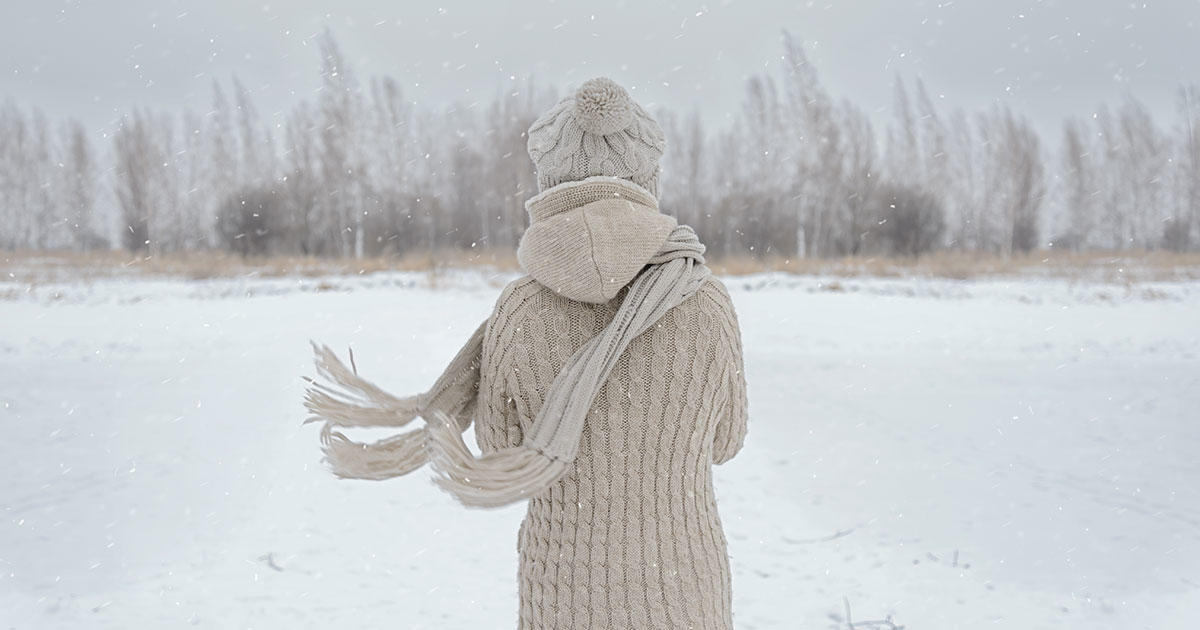What Causes Nosebleeds?
Nosebleeds can be a very inconvenient and distressing issue, especially when they seem to happen spontaneously. Patients can normally get a nosebleed to stop eventually by applying pressure to the area and waiting it out. However, some individuals end up with repeated nosebleeds or bleeding so bad that they lose a dangerous amount of blood. Those in this situation are dealing with a major medical issue instead of a minor annoyance. It is crucial for individuals who suffer from nosebleeds to understand and address the cause, as this can help prevent them from happening as often. Get to know the major causes of nosebleeds now.
Cold Or Dry Air
Dry air is one of the biggest causes of nosebleeds overall. The issue with cold or dry air is it dries out the nasal membranes, which are supposed to remain dampened at all times. When these thin areas of skin get dry, they may crack and break instead of bending flexibility, so even normal breathing can be enough to trigger a nosebleed. Individuals can normally tell if this is the issue by thinking about what the air feels like when they tend to get a nosebleed. There are several ways to address nosebleeds caused by this issue. Individuals who live in a cold, dry home may need to start running a humidifier to add some moistness to their indoor air. Another option is using a cotton swab to gently rub petroleum jelly or antibacterial ointment along the interior of the nose occasionally. This will help to trap moisture in the tissues of the nose and keep it damper even if the surrounding air is quite dry.
Reveal the next cause of nosebleeds now.
Allergic Reactions

An allergic reaction happens when the body encounters a harmless substance like pollen and assumes it is a foreign invader. The body begins to sneeze, create mucous, or run a fever in an attempt to fight off the allergen. This causes nosebleeds by causing irritation to the nose. When the body is trying to fight the harmless substances in the air, the tissues on the inside of the nose can swell, and individuals may have a runny nose or frequent sneezing as a result. Some individuals with allergies can end up having nosebleeds almost daily throughout the allergy season. Fortunately, this is a fairly simple cause of a nosebleed to treat. Managing the nosebleed will rely on reducing the patient's allergic reaction. Individuals may have success by avoiding certain allergens, taking anti-allergy medication, or talking to a doctor about therapeutic allergy shots that can provide long term relief.
Keep reading for more details on what can cause a nosebleed now.
